6.2: What did you do yesterday? / l studied French.
- Page ID
- 142308
Questions et Réponses
A. What did you do yesterday? / l studied French.
- —Qu'est-ce que vous avez fait hier?
- —J'ai étudié le français.
- —J'ai fait mes devoirs.
- —Posez la même question è votre voisin(e).
- —Qu'est-ce que tu as fait hier soir?
- —J'ai étudié cette leçon.
- —J'ai ac heté une chaîne stéréo.
- —J'ai pris un bain.
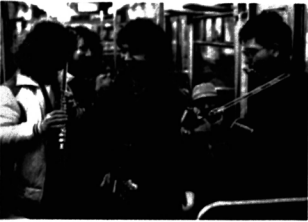
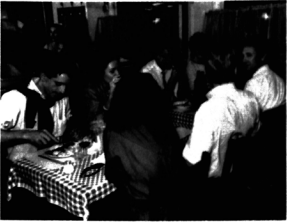
Exercice II
Make up your own more specific questions (using verbs other than faire, "to do") or just retain the model question, "Qu'est-ce que tu as tait hier?" and then—using just the verbs given below—make up at least 10 more answers. As you have noticed, you are asking what happened some time in the past, not what was going on or what the conditions were. You use a two-part form of the verb: the present tense of "have" plus a past participle—the same form as the present perfect in English. We give the past participles of some high-frequency verbs directly below:
| Regular -er verbs: | regarder | regardé |
| Regular -ir verbs: | finir | fini |
| Regular -re verbs: | vendre | vendu |
| Some irregular verbs: | apprendre | appris |
| avoir | eu | |
| boire | bu | |
| comprendre | compris | |
| écrire | écrit | |
| être | été | |
| faire | fait | |
| prendre | pris |
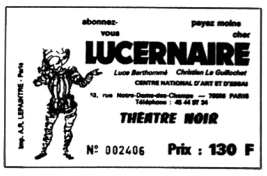
Grammar Notes: The large majority of verbs form the passé composé with the present tense of the auxiliary avoir, as in all the examples above. (For explanations, see Reference Grammar, 6.2.1, especially 6.2.1a.) Verbs that take être as their auxiliary appear in the next exercise.
B. Where did you go last year? / I went to Paris.
| —Où êtes-vous allé l'année passée? | teacher to student, m. |
| —Je suis allé à Paris. | |
| —Posez la même question à votre voisine. | |
| —Où es-tu allée l'été passé? | student to student, f. |
| —Je suis allée au Mexique. | |
| —Où êtes-vous allés hier soir? | teacher to group of students |
| —Nous sommes allés au match de basketball. |
Grammar Notes: Aller is one of the most common verbs that forms the passé composé with the auxiliary être. Aside from reflexive (pronominal) verbs—to be considered later in this course—there is a comparatively short list of verbs that, like aller, take être as their auxiliary. Some of them are introduced in the next exercise; for a complete list and explanations, see Reference Grammar, 6.2.1b.
C. When did you arrive? / I got here this morning.
| —Quand ètes-vous arrivée? | teacher to student, f. |
| —Je suis arrivée ce matin. | |
| —A quelle heure est-ce que Louise est partie? | |
| —Elle est partie à trois heures. | |
| —Quand êtes-vous entrés dans la salle? | teacher to group of students |
| —Nous sommes entrés dans la salle à dix heures. |
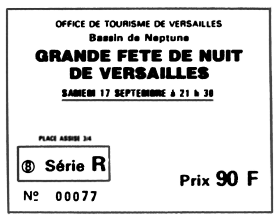
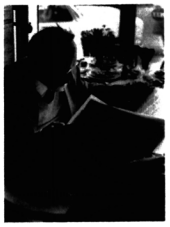
Grammar Notes: As you may have noticed or guessed, the past participle in an être verb + passé composé construction agrees in gender and number with the subject of the verb (Reference Grammar, 6.2.1b). At this point, we'd prefer that you focus on learning the list of useful verbs that take être as an auxiliary, and the order of the elements, rather than agreement rules.

